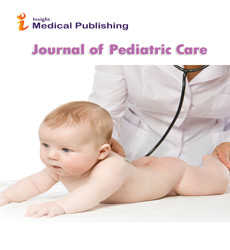Abstract
Typhoid Fever Drug Resistance Outcomes and Current Vaccine Recommendations
The incidence of typhoid fever has not decreased since 1990, making it an important yet neglected contributor to health care costs. There has been an emergence of multi drug resistant typhoid fever, wherein there is no response to the first line of antimicrobials like ampicillin, chloramphenicol and cotrimoxazole. The fluoroquinolones and cephalosporins have been used in the treatment of cases, but there has been a recent epidemic of resistance to these drugs in some parts of the world. The H58 clade which is responsible for the development of resistance, has been found globally, indicating a geographical spread. Plasmid mediated transfer of resistance along with genetic mutations contribute to the extensive spread of antimicrobial resistance. To reduce the incidence of typhoid fever, the widespread use of protein conjugate typhoid vaccine is recommended in addition to improvements in awareness, general health and sanitation.
Author(s):
Sumitha Nayak
Abstract | Full-Text | PDF
Share this

Google scholar citation report
Citations : 130
Journal of Pediatric Care received 130 citations as per google scholar report
Abstracted/Indexed in
- Google Scholar
- China National Knowledge Infrastructure (CNKI)
- Cosmos IF
- WorldCat
- Geneva Foundation for Medical Education and Research
- Secret Search Engine Labs
Open Access Journals
- Aquaculture & Veterinary Science
- Chemistry & Chemical Sciences
- Clinical Sciences
- Engineering
- General Science
- Genetics & Molecular Biology
- Health Care & Nursing
- Immunology & Microbiology
- Materials Science
- Mathematics & Physics
- Medical Sciences
- Neurology & Psychiatry
- Oncology & Cancer Science
- Pharmaceutical Sciences

